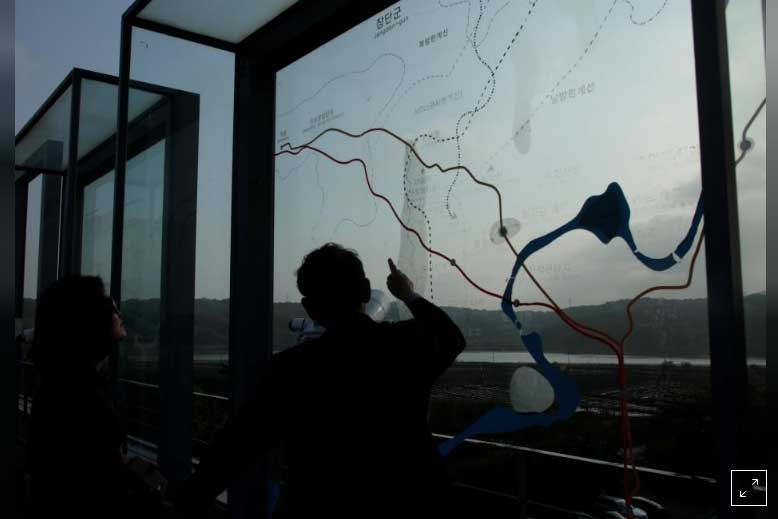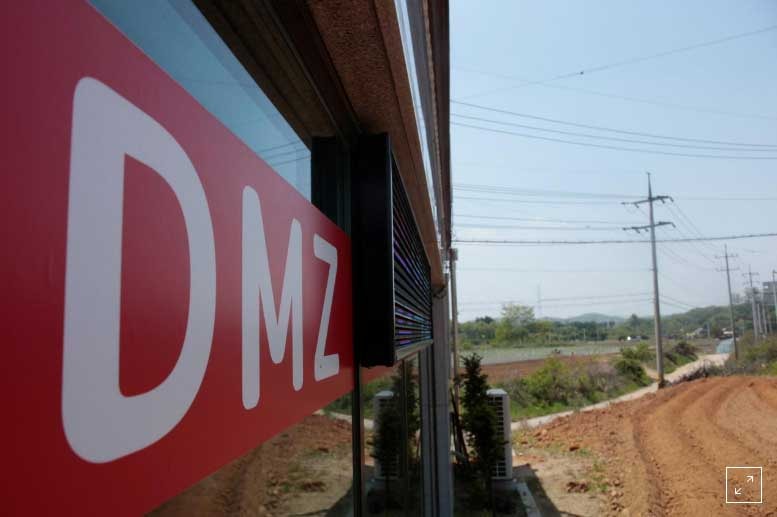Strange story at the inter-Korean border after Kim Jong-un's decision
Land prices along the border between the two Koreas have skyrocketed after North Korean leader Kim Jong-un pledged to ease tensions and restore relations with South Korea.
After the leaderChosenKim Jong-un pledged to ease tensions and restore relations with South Korea, and land prices along the border between the two Koreas have skyrocketed.
Land fever at the heavily armed border
Demand for land in small towns and sparsely populated rural areas around the Demilitarized Zone (DMZ) has surged, according to Reuters. Kang Sung-wook, a 37-year-old dentist living in the city of Paju, close to the inter-Korean border, has bought eight separate plots of land in and around the DMZ since mid-March.
Of the 8 lots that Mr. Kang bought, there were 5 lots that he had never set foot on, but only used satellite images and Google Earth maps to view because these lots were located in the Demilitarized Zone, where ordinary people were not allowed to enter.
|
According to the dentist, the number of people wanting to buy land along the inter-Korean border has skyrocketed due to improved relations between the two countries. This is also the reason Mr. Kang said he had to act quickly.
"I've been looking forward to it ever since the news of the US-North Korea summit was announced in March and it seemed like all the news was good. Since then, I've noticed the market has heated up," said Mr. Kang. Currently, the dentist's total investment in plots of land along the inter-Korean border has reached 3 billion won (about 63 billion VND) for 20 hectares of land.
Land of mines and barbed wire
For decades, the DMZ has been a flashpoint. It was established after the 1950-53 Korean War. More than a million landmines have been planted in the inter-Korean border area, including the DMZ and the Civilian Control Zone on the South Korean side, said Jeong In-cheol, a landmine expert at the National Park Conservation Network.
|
Despite travel restrictions, plots of land within 2km of the Korean side of the DMZ and other border areas can still be bought, sold and registered.
Land transactions in Paju, the gateway to the truce village of Panmunjom, doubled in March from February to 4,268, South Korean government data showed. The number of transactions in the inter-Korean area was much higher than the popular Gangnam area, which rose just 9%.
In the Jangdan-myun settlement, home to Dorasan Station, the southernmost railway station on the border with North Korea, the number of land transactions has quadrupled from last year. Land prices have also increased 17 percent year-on-year.
Kim Yoon-sik, a real estate manager with 25 years of experience in Paju, said landowners in the DMZ are those who inherited farmland from their ancestors before the outbreak of the Korean War and from long-term investors.
"Because demand exceeds supply, I often see sellers canceling pre-sale contracts," said Mr. Kim.


